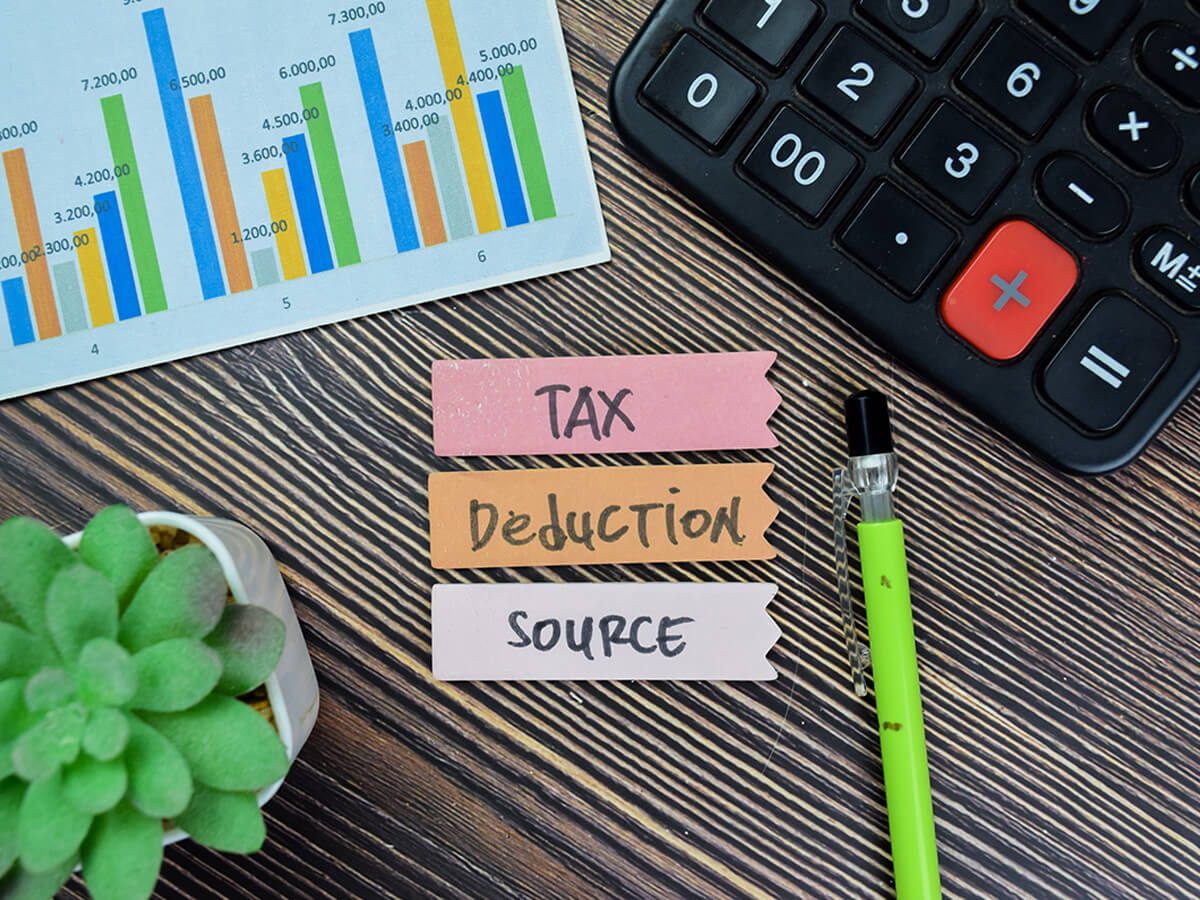In the intricate world of finance, fixed deposits (FDs) stand as havens for risk-averse investors seeking guaranteed returns and steady growth. But even these havens are not immune to the clutches of the taxman. TDS, or tax deducted at source, applies to the interest earned on your FD, taking a bite out of your returns before they even reach your hands.
Invest Smartly with Mahindra Finance!
Decoding TDS on FDs:
TDS on FD interest essentially refers to the portion of your interest income that the lender deducts and deposits directly with the government on your behalf. This deduction happens at the source, i.e., the lender, simplifying the tax payment process for you. But how much is deducted, and what are the underlying rules?
The Rate Rundown:
The current TDS rate on FD interest stands at 10%. This applies if your total interest income from all FDs in a financial year exceeds Rs. 40,000. If you’re a senior citizen above 60 years of age, the threshold for TDS deduction is higher, at Rs. 50,000.
The Exception Clause:
If your total interest income from all FDs falls below the aforementioned thresholds, no TDS will be deducted. However, you’ll still be liable to pay income tax on the interest earned if your overall taxable income exceeds the exemption limit.
The importance of PAN:
Furnishing your Permanent Account Number (PAN) to the NBFC is crucial. If you don’t provide your PAN, the NBFC will deduct TDS at a higher rate of 20%, considering you in the highest tax bracket. So, remember to keep your PAN details updated with your NBFC to avoid unnecessary deductions.
Claiming Your Refund:
If TDS has been deducted on your FD interest even though you fall below the taxable threshold, you can claim a refund while filing your income tax return. Remember to include the TDS certificate issued by the NBFC in your tax return documents.
additional read: Things To Know On FD Premature Closure Penalty
Factors to Remember:
- TDS applies to the interest earned, not the principal amount of your fixed deposit.
- The TDS deducted is considered part of your tax payment towards the government.
- You can still claim deductions under Section 80C for eligible investments, even if TDS has been deducted on your FD interest.
- The Bottom Line:
Understanding TDS on FD interest rate is essential for managing your finances effectively. By knowing the applicable rates, thresholds, and claiming procedures, you can ensure you’re not overpaying taxes and make informed investment decisions. So, the next time you open an FD, remember to factor in the TDS implications to get a clearer picture of your returns.

























































